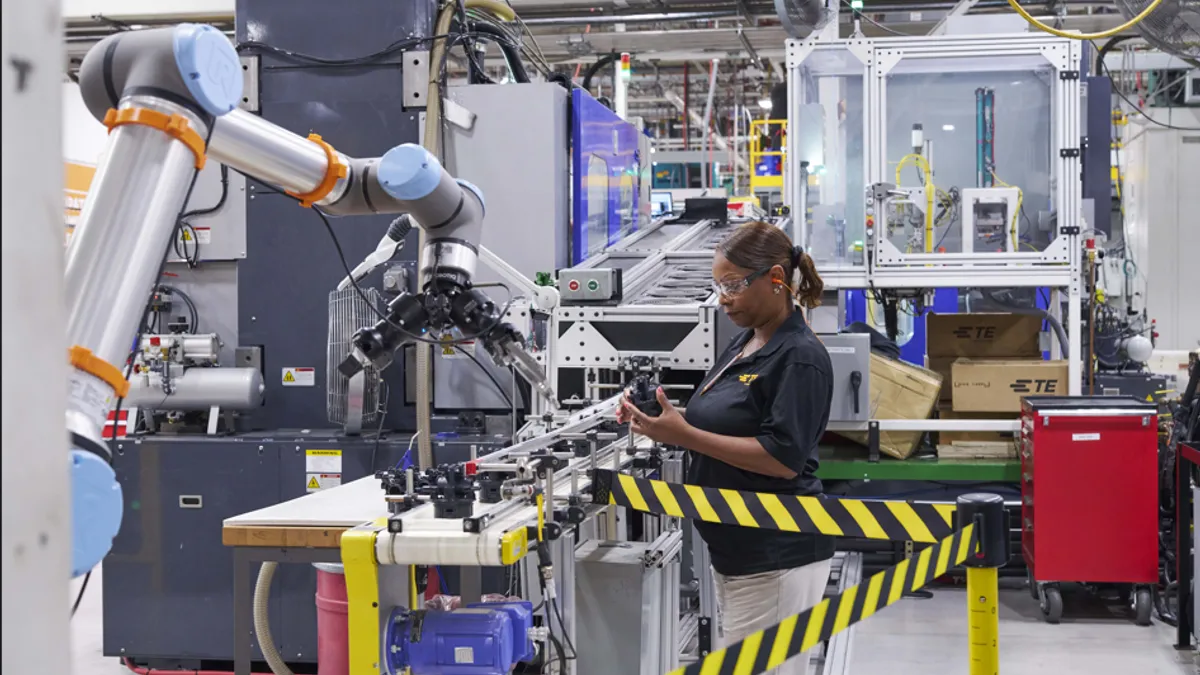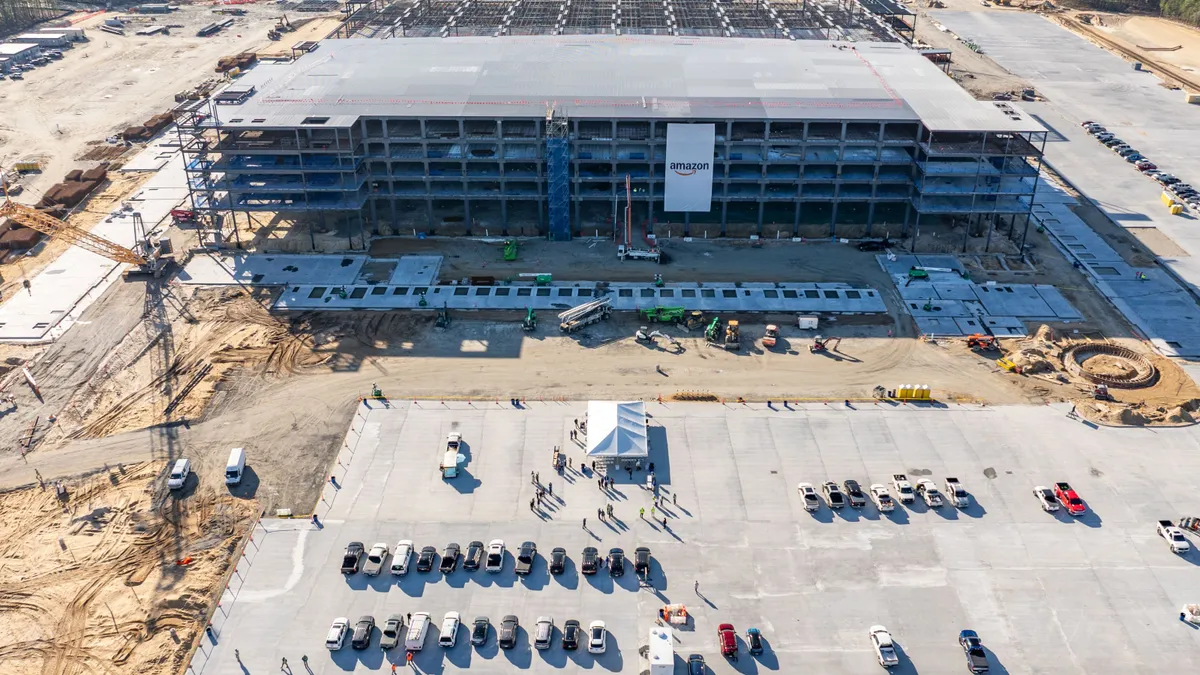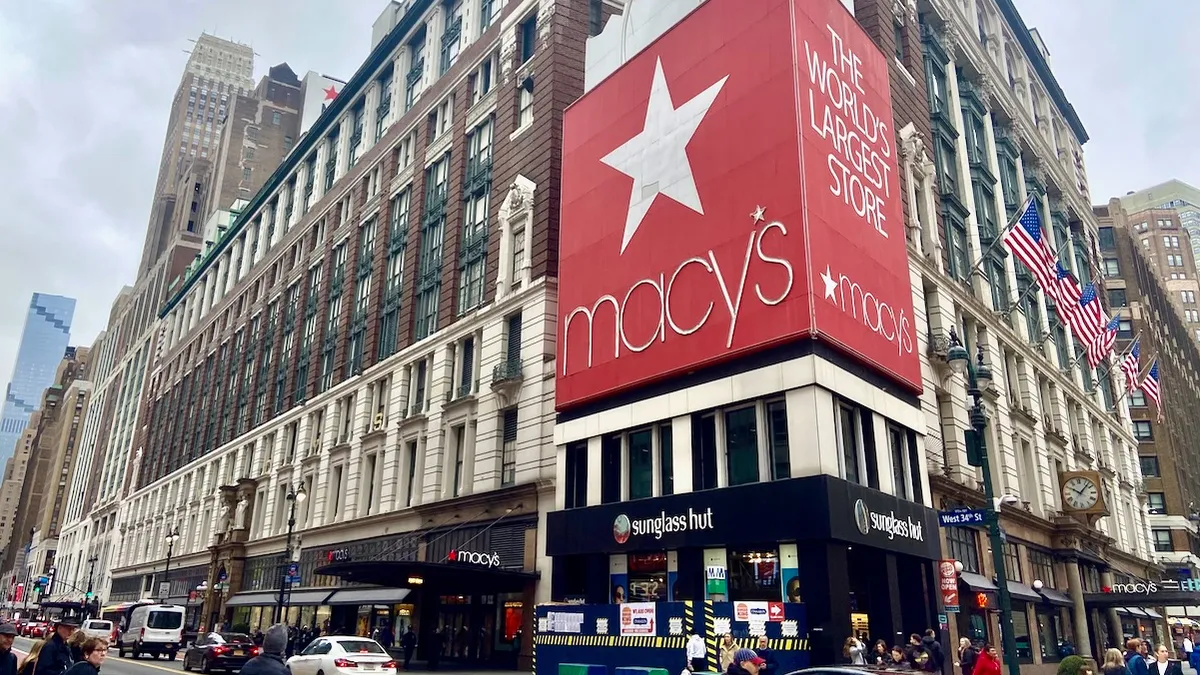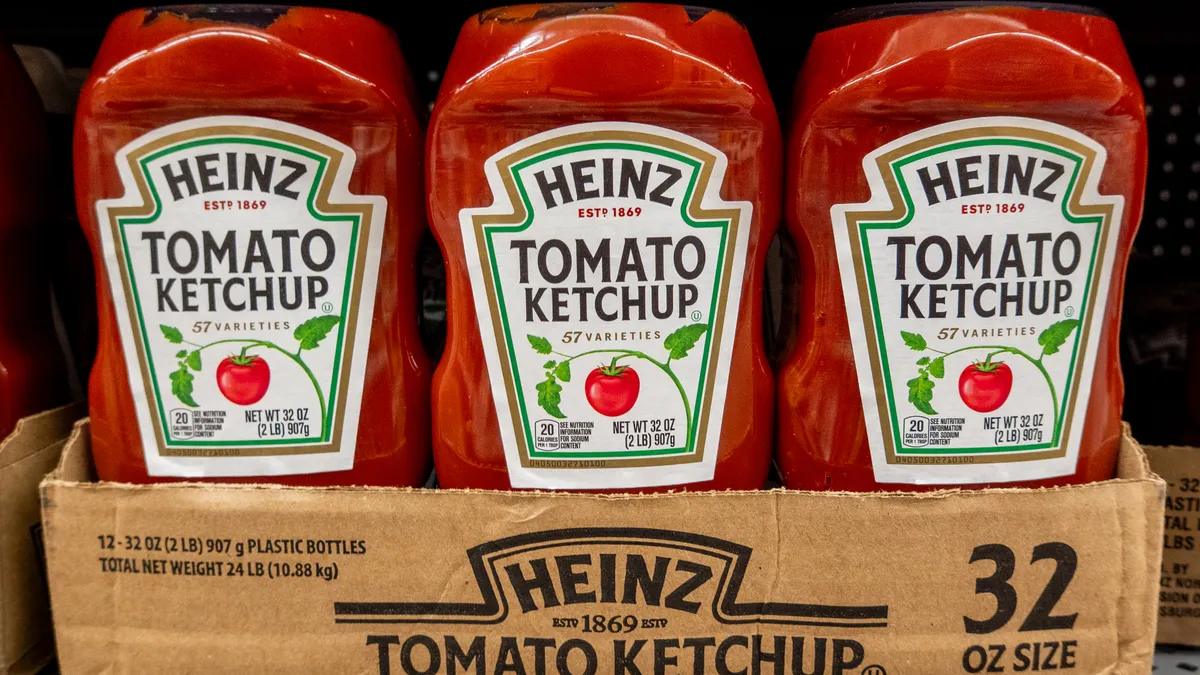Supply chains are constantly changing as new rules, technologies, resources and market trends transform operations. Here's a skim of the week's indexes, technology announcements, expansions and M&As from around the web.
In Case You Missed It
- An RFID-based inventory management system runs Amazon's new cashier-free store.
- Hyundai Merchant Marine and MSC offered Hanjin generous terms for its West Coast terminal.
- Established food companies are betting on meal kits to increase non-store revenues.
Market Snapshot
It was another week of good news for the industry, as October and November statistics continued to show a positive trend in various sectors.
The Institute for Supply Management released its November 2016 Manufacturing ISM Report On Business, noting the 90th consecutive month of overall economic growth. In general, raw material inventories and backlogs are contracting, while new orders and production continue to grow.
The International Air Transport Association reported air freight demand rose by 8.2% over the previous year, marking the fastest rate of growth in 18 months. While "one-off" events like Hanjin certainly helped, the growth is also symbolic of the mode's growing popularity as fulfillment timelines increase pressures on shippers.
The good news may be but a phenomenon spurred by the holiday season amid a period of general turmoil for transportation and logistics.

Supply Chain Dive
Workers too are benefiting from the rise of e-commerce and subsequent increases in demand.
Preliminary data from the U.S. Department of Labor shows the transportation sector added 8,900 jobs in November, led by the courier and messenger subsector, which accounted for 5,700 new jobs. Truck drivers, meanwhile, will begin to see a slow increase in pay beginning next year, The Journal of Commerce reports, as carriers seek to reward their "most valuable resource."
Yet the good news may be but a temporary phenomenon spurred by the holiday season amidst a period of general turmoil for transportation and logistics.
The Transportation Intermediaries Association's Third Quarter 2016 3PL Benchmarking Report revealed widely mixed metrics and decreasing invoice revenues, Logistics Management reports. Increased capacity and soft demand were some of the reasons for the decreased revenues, according to the report.
Overcapacity is a multi-sector problem as many railroad and maritime assets are idle, waiting to be used. The Wall Street Journal reported 20% of the 1.6 million railcars in North America are not being used, and Drewry recently revealed there were 435 idle containerships, or 1.7 million unused TEUs, as of November.
Technically Speaking
Transition to the cloud can take years to complete. For that reason, Amazon recently revealed its newest cloud-technology: the Snowmobile. The technology is essentially a giant hard drive trucked from a facility to Amazon's cloud servers and leased to companies looking to complete the transition within months.
The increased speed of transition is essential for late-adopters looking to catch up to the newest market trends, such as visibility or traceability, which require cloud-based device-to-device communication.
The food industry provides a great example of these trends. Nestlé Ecuador recently contracted Arviem to implement real-time cargo monitoring for its products, and help the company verify product quality in transit. Such technology will allow Nestlé to reduce both inventory and food waste, Global Trade reports.
MercuryGate, FourKites and Network Global Logistics recently announced an expansion or partnership to increase their visibility technology.

Supply Chain Dive
Similarly, cold chain provider Lineage Logistics reportedly uses IoT-enabled temperature and vibration sensors to ensure food safety for consumers, who buy the products in stores such as Wal-Mart and Costco.
Internet of Things devices and real-time cargo monitoring, while important, are technologies of old when compared to the newest fad for visibility-enthusiasts: blockchain technology. Blockchains allow companies like IBM to track transactions via a type of electronic signature, adding a whole set of cloud-based data (think identity, batch number and expiration date) to the realm of traceability possibilities, GreenBiz reports.
Not convinced of the prevalence of tracking and traceability technology? Look no further than MercuryGate, FourKites or Network Global Logistics, each of which recently announced an expansion or partnership to increase their visibility technology.
Breaking Ground
Cold storage construction has been steadily on the rise throughout the country this year.
New Mexico recently announced it would provide Santa Teresa, NM-based Valley Cold Storage & Transportation with $140,000 in aid to help with the construction of a $14 million, 105,000 square-foot facility. New Mexico and Texas were reportedly competing to be the site for the new cold-storage project.
Life Science Logistics announced it would triple the size of its Indianapolis, IN pharmaceutical and medical device distribution center to 200,000 square feet. The company anticipates 100 new jobs will be created, and claims to be considering additional West Coast expansions as well.
Cold storage construction has been steadily on the rise throughout the country this year.

Supply Chain Dive
Just West, Blue Bell Creameries reopened a distribution center in Tucson, AZ after a listeria scare forced the company to cease distribution in Alabama, Arizona, Oklahoma and Texas. The company is preparing to reopen its other two Arizona centers in Phoenix and Apache Junction, Tucson.com reports.
Companies looking to expand don't always have it easy, however.
A developer in Atlanta, GA is reportedly ready to bring a $100 million, 1,000-job, 1.2 million square-foot distribution center to the region, but must first convince the city to rezone the 117-acre lot.
Similarly, a logistics center by Transportation Partners and Logistics in Enid, OK had to enter an economic development agreement with Tax Increment Finance District before continuing with the project.
Mergers & Analysis
Maersk Line's acquisition of Hamburg Sud will likely run into some trouble as antitrust regulators may force the company to divest its Brazilian Mercosul Line before completing the purchase, The Journal of Commerce reports. The move could open the door for other lines, such as CMA CGM and Mediterranean Shipping Company, looking to enter the Brazilian market.
Meanwhile, in Taiwan, legislators debated whether Yang Ming Marine Transport, the island state's second-largest shipping line, should initiate merger negotiations with other shipping lines or the state-run port.
Analysts believe the next round of shipping industry consolidation may affect ports.

Supply Chain Dive
Elsewhere in the supply chain, analysts believe the next round of shipping industry consolidation may affect ports. Two Miami terminals are reportedly seeking an alliance in order to increase leverage against an increasingly consolidated field of carriers, per a Journal of Commerce report.
Port operator DP World, meanwhile, recently established a $3.7 billion investment fund to pursue such opportunities.
In other news, the Department of Justice cleared Alaska Air's acquisition of Virgin America and U.S.-based Wabtec purchased majority ownership in Faiveley, a French rail products company.






















